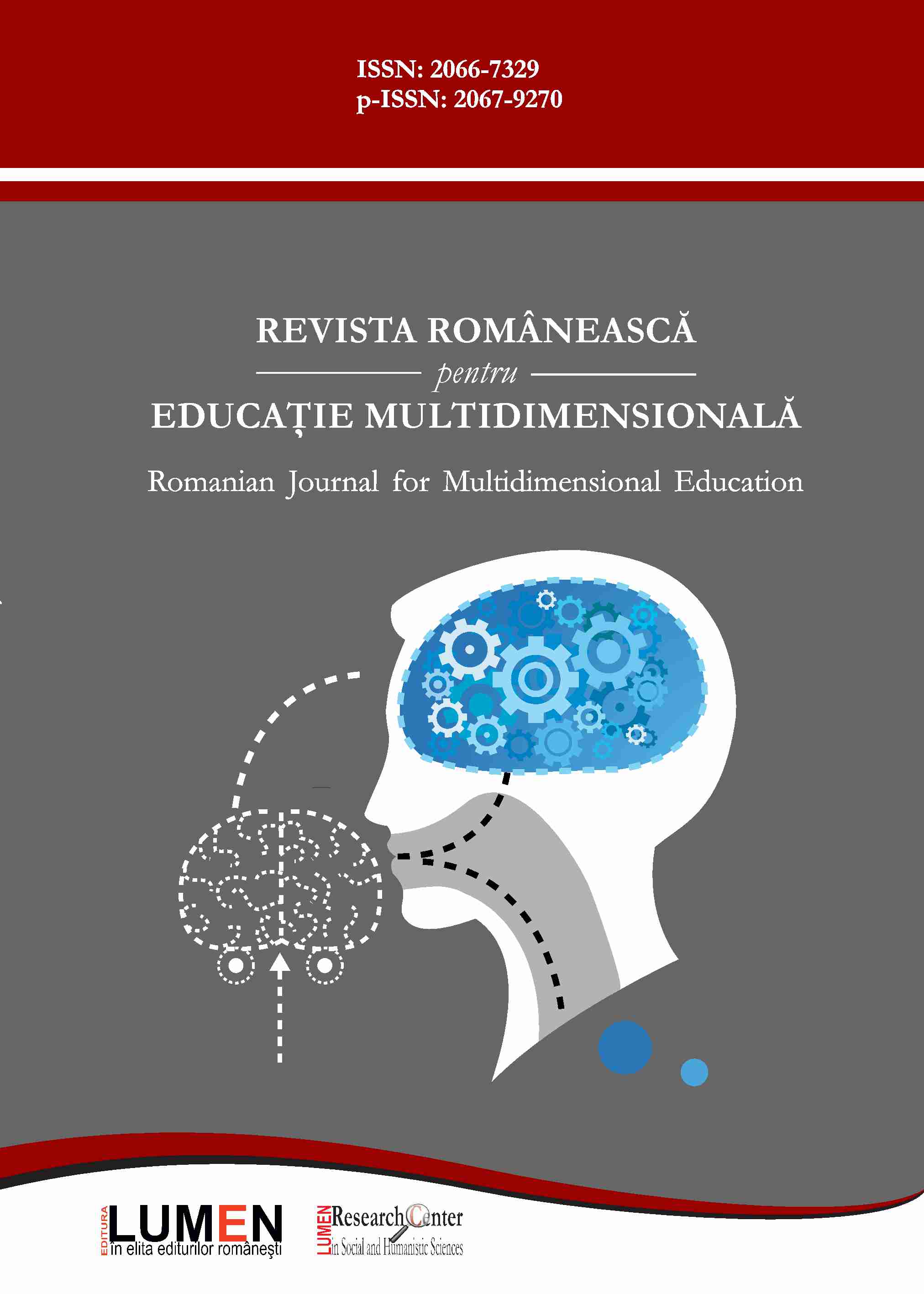Organizational and Pedagogical Conditions for Training Future Masters in Tourism in the Aspect of the Postmodern Approach
Organizational and Pedagogical Conditions for Training Future Masters in Tourism in the Aspect of the Postmodern Approach
Author(s): Bohdana Opria, Inna Petrenko, Kateryna Pavelkiv, Inna Denyshchuk, Nataliya Dziubyshyna, Liudmyla BalikaSubject(s): Social Sciences, Education, Higher Education , Tourism, ICT Information and Communications Technologies
Published by: Editura Lumen, Asociatia Lumen
Keywords: tourism; tourism science; master of tourism science; project activity; tourist project; information and communication technologies; professional education;
Summary/Abstract: The article substantiates the relevance and expediency of the chosen topic of the study, defines its purpose for the training of future Masters in Tourism. The essence of tourism studies and professional activity of future specialists in tourism studies is defined, the role of project activities with the use of information and communication technologies in the work of specialists in tourism studies in the aspect of the postmodern approach is summarized. The article aims to substantiate theoretically and test experimentally the organizational and pedagogical conditions for the training of future Masters in Tourism in terms of the postmodern approach to project professional activity. The authors propose a model for training future Masters in Tourism in project-based professional activities. The research hypothesis is that the level of future Masters training in Tourism for project professional activity will increase under such organizational and pedagogical conditions as the use of e-learning tools to study the technological foundations of project activities. The following organizational and pedagogical conditions of tourism studies Masters preparation for the professional design activity in the aspect of the postmodern approach were identified and justified: using the information and educational framework for training future. Their combination with traditional means of training contributes to the effectiveness of the educational process and increases the level of future Masters in Tourism preparation for the design professional activity.
Journal: Revista Românească pentru Educaţie Multidimensională
- Issue Year: 14/2022
- Issue No: 1
- Page Range: 215-232
- Page Count: 18
- Language: English

